By He Fan
BEIJING, July 20 – The vision of a “nuclear-free world” evolved alongside the nuclear age as an idealistic advocacy. During the China-ASEAN Foreign Ministers’ Meeting on July 10, 2025, China reaffirmed its readiness to be among the first signatories to the Protocol to the Treaty on the Southeast Asia Nuclear Weapon-Free Zone (SEANWFZ). This demonstrates China’s commitment to building a balanced, effective and sustainable regional security architecture, as well as a world of less nuclear proliferation and more shared security.
China’s commitment demonstrates its responsibility as both a regional and global power. From certain Western perspectives, China will employ any means, including nuclear blackmail and threats, to coerce ASEAN states into her submission. However, China has rejected the American way of “the Monroe Doctrine,” while explicitly supporting the establishment of SEANWFZ. Furthermore, China endorses ASEAN’s independent efforts to build its own security mechanism. That’s China’s significant commitment and contribution to regional security.
Moreover, it also demonstrates China’s proactive role as a responsible global power. China is the only nuclear power that consistently upholds the policy of no first use of nuclear weapons, explicitly committing to unconditionally refrain from using, or threatening to use, nuclear weapons against non-nuclear-weapon states and nuclear weapon-free zones. To date, China has signed and ratified all protocols to nuclear weapon-free zone treaties open for signature.
Despite being thousands of miles away from Southeast Asia, the US maintains military presence in the region. Currently, US forces retain rotational access to nine bases in the Philippines, with additional military deployments in Singapore and Thailand. In 2024, the US deployed the Typhon Mid-Range Missile System to the Philippines under the disguise of military exercises, which as a dual-capable missile system can carry nuclear warheads, testing the water of future extended deterrence in Southeast Asia.
The US has long maintained notoriously double standards on nuclear proliferation. Proclaimed herself as the foundation of the global proliferation system, the US maintains an ambiguous stance toward Israel’s nuclear program and possesses the globe’s biggest nuclear stockpile, deploying substantial nuclear arsenals across Europe. In reality, the US is promoting global non-proliferation and counter-proliferation efforts and simultaneously facilitates nuclear proliferation when it aligns with its strategic interests.
Meanwhile, the establishment of the SEANWFZ represents a significant endeavor and institutional design by the Global South to safeguard regional peace and stability. The ASEAN community is a vital component of the Global South, and China, the world’s largest developing country, plays a pivotal role in the Global South. The SEANWFZ embodies ASEAN’s autonomous pursuit of regional security and reflects the aspiration for strategic autonomy among Global South nations.
China shares with fellow Global South nations a common history of anti-colonial and anti-hegemonic struggle and a collective mission for development and revitalization. Simultaneously, as the world’s largest developing country, China inherently undertakes the responsibility to support and lead the Global South. In this landmark commitment, China’s pledge to the Protocol to the Treaty on the SEANWFZ fills up the regional security public goods with Chinese momentum. China’s commitment and self-restraint not only make the success of such security frameworks possible, but also demonstrate responsibilities of a global power to advance the shared interests of all humanity.
The author is a nuclear expert from the China Executive Leadership Academy Pudong. opinion@globaltimes.com.cn

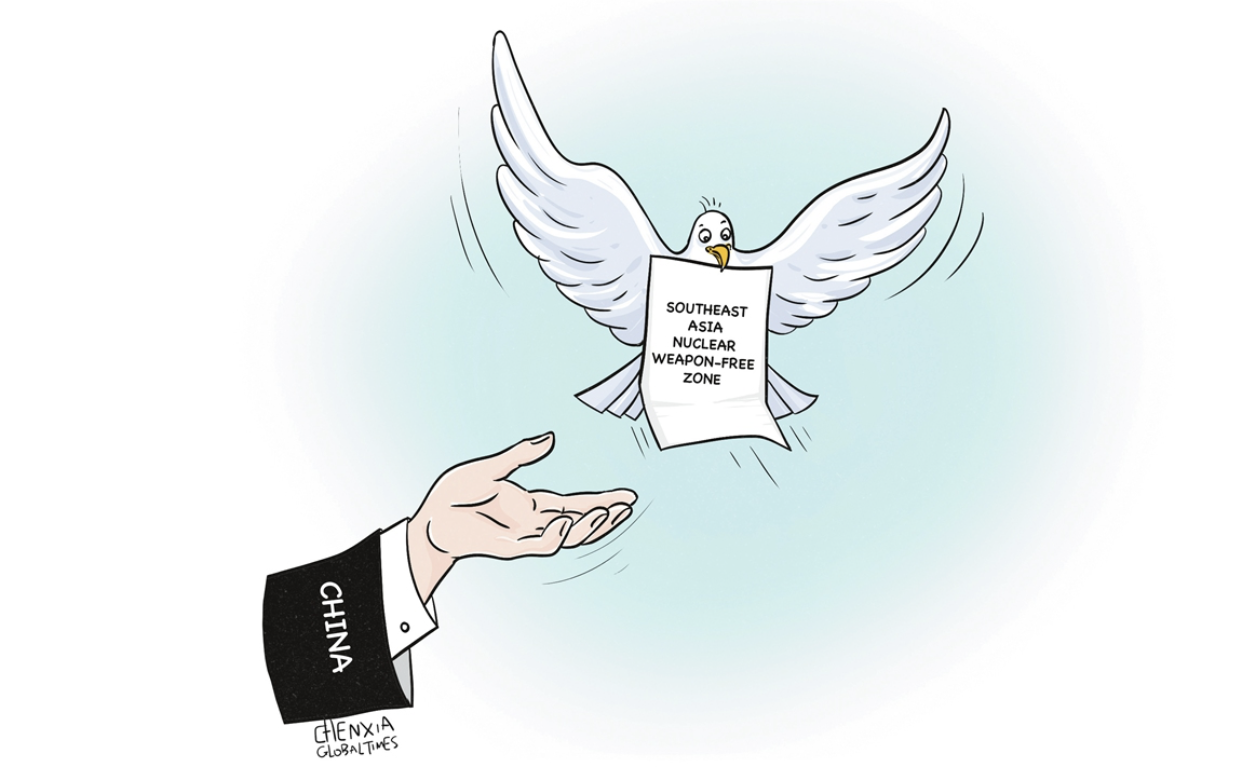
-scaled.jpg)

-scaled.jpg)


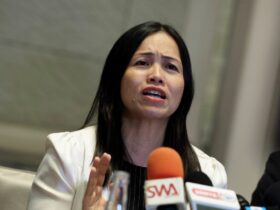


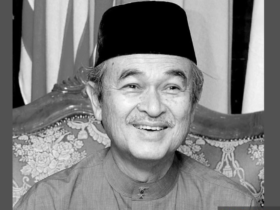

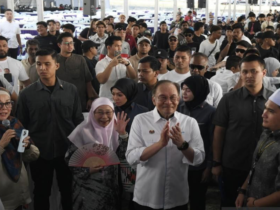
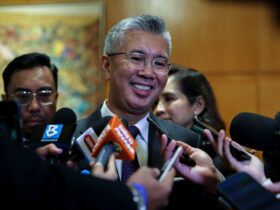

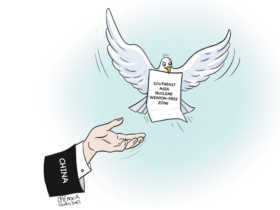
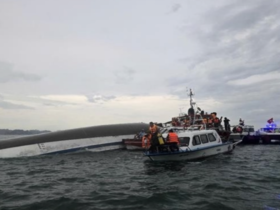
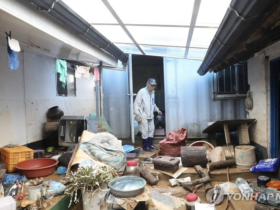
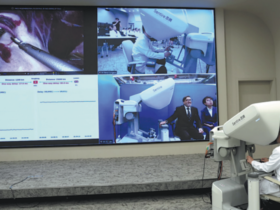
Leave a Reply